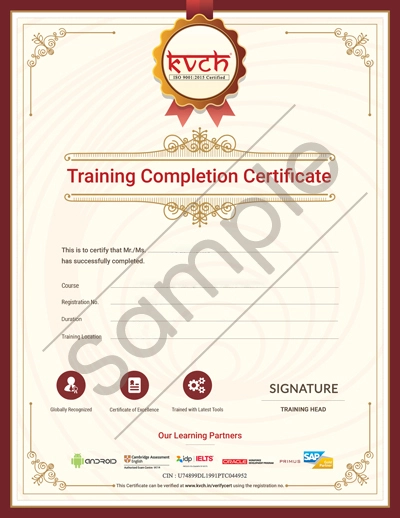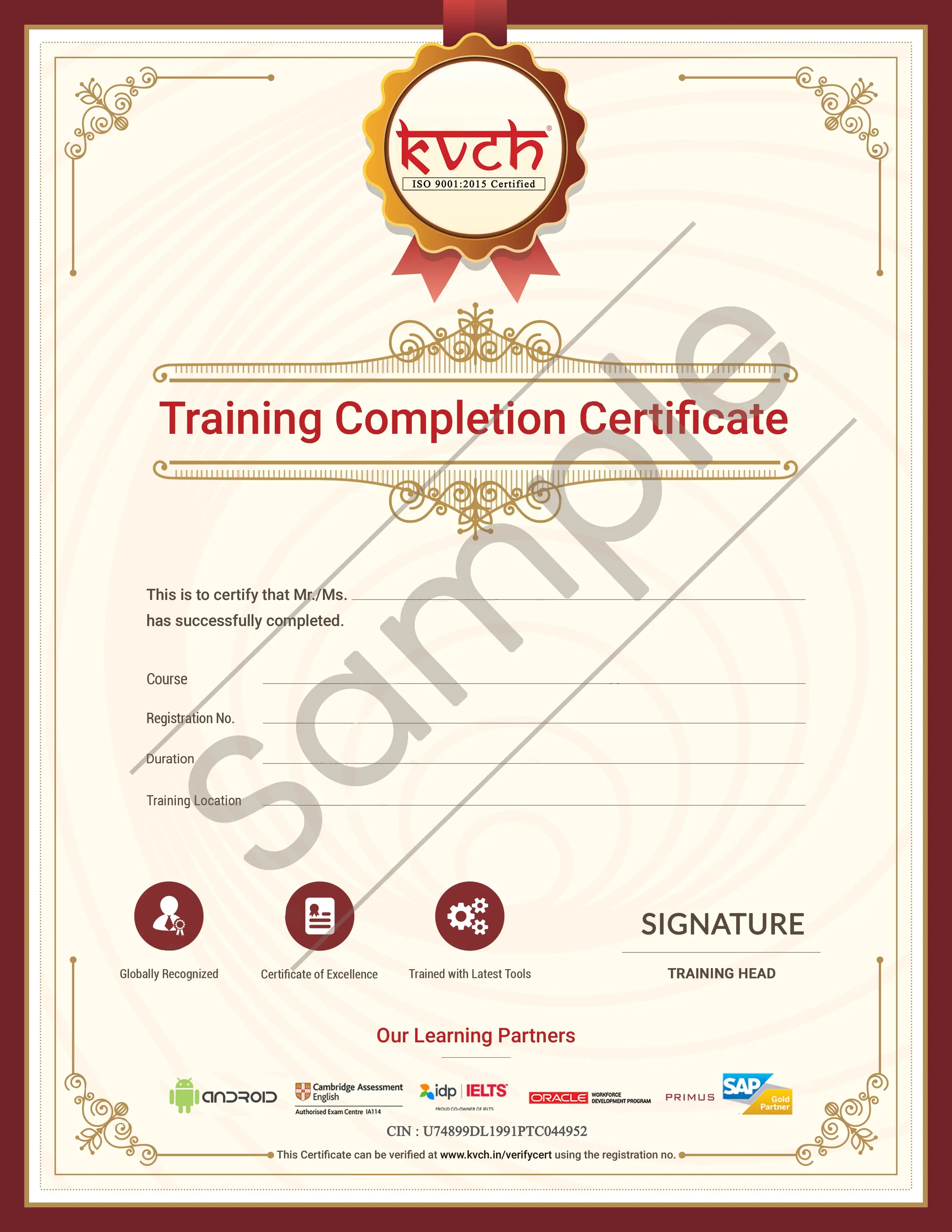MongoDB Overview
MongoDB is a leading NoSQL database designed for modern applications. Unlike traditional relational databases, MongoDB uses a flexible document model, which allows developers to store data in JSON-like BSON format. This flexibility makes it an ideal choice for applications requiring scalability, high availability, and fast performance. Below, we provide a comprehensive overview of MongoDB, highlighting its features, benefits, and key use cases.
Key Features of MongoDB
- Flexible Schema: MongoDB supports a schema-less design, enabling developers to store diverse data types within a single collection.
- High Scalability: Through horizontal scaling and sharding, MongoDB efficiently handles large volumes of data.
- Rich Query Language: It provides robust querying capabilities, including support for ad-hoc queries, aggregation pipelines, and indexing.
- Replication and High Availability: MongoDB ensures data availability through replica sets, which provide automatic failover and data redundancy.
- Built-In Sharding: Sharding divides large datasets across multiple servers, improving performance and storage capabilities.
- Document-Oriented Storage: Instead of using tables and rows, MongoDB organizes data into documents, making it more intuitive for developers.
- Extensive Driver Support: MongoDB offers drivers for multiple programming languages, enabling seamless integration with various tech stacks.
- Security: With features like authentication, authorization, and encryption, MongoDB ensures robust data security.
Benefits of MongoDB
- Ease of Use: MongoDB’s flexible data model simplifies development and data management.
- Performance: Its high-speed read/write operations make MongoDB suitable for real-time applications.
- Scalability: The ability to scale horizontally makes MongoDB an excellent choice for handling growing data needs.
- Cost-Effectiveness: Open-source nature reduces licensing costs, making MongoDB a budget-friendly solution.
Use Cases of MongoDB
- Content Management Systems: MongoDB’s flexible schema is ideal for managing unstructured data like text, images, and videos.
- Real-Time Analytics: The database excels in processing and analyzing data in real-time for applications like monitoring systems and dashboards.
- Internet of Things (IoT): MongoDB supports IoT applications by storing and analyzing large volumes of sensor-generated data.
- E-commerce Platforms: Its scalability and performance make it a preferred choice for managing catalogs, customer data, and transactions.
- Mobile Applications: MongoDB’s ability to sync with mobile devices ensures smooth data access and synchronization.
Installation Steps for MongoDB
- Download MongoDB: Visit the official MongoDB website and download the version compatible with your operating system.
- Install MongoDB: Follow the installation instructions for your specific OS (e.g., Windows, macOS, or Linux).
- Start MongoDB: Use the command
mongodto start the MongoDB server. - Connect to MongoDB: Use the MongoDB client
mongoto interact with the database.
Common Commands in MongoDB
- Create a Database:
use database_name;
- Insert a Document:
db.collection_name.insert({ "key": "value" });
- Find Documents:
db.collection_name.find({});
- Update a Document:
b.collection_name.update({ "key": "value" },{ $set: { "key": "new_value" } });
- Delete a Document:
db.collection_name.remove({ "key": "value" });
MongoDB Training at KVCH
At KVCH, we provide comprehensive MongoDB training to help individuals master this powerful database. Our training centers are located in Noida, Delhi NCR, Faridabad, Greater Noida, Gurgaon, and other parts of India.
Training Highlights:
- Industry-Experienced Trainers: Learn from experts with years of experience in MongoDB development and administration.
- Hands-On Projects: Gain practical knowledge through real-world projects and case studies.
- Flexible Learning Options: Choose between classroom training, online sessions, or hybrid learning models.
- Certification Support: Get assistance in preparing for MongoDB certification exams.
- Placement Assistance: Avail placement support to kickstart your career in database management.
Course Modules:
- Introduction to MongoDB: Overview of NoSQL databases. Understanding MongoDB architecture and components.
- Installation and Configuration: Setting up MongoDB in various environments. Configuring MongoDB for optimal performance.
- CRUD Operations: Performing create, read, update, and delete operations. Querying data using MongoDB’s query language.
- Advanced MongoDB Features: Indexing, Aggregation, and Sharding. Implementing replication and backups.
- Security and Monitoring: Securing MongoDB instances. Monitoring performance using built-in tools.
Why Choose KVCH for MongoDB Training?
- Experienced Faculty: Our trainers bring extensive industry knowledge to the classroom.
- Comprehensive Curriculum: Our course structure covers all aspects of MongoDB, from basics to advanced topics.
- State-of-the-Art Infrastructure: KVCH’s training centers are equipped with modern facilities to provide an optimal learning experience.
- Certification Guidance: We guide you through MongoDB certification processes to enhance your credentials.
Locations Served by KVCH
- Noida
- Delhi NCR
- Faridabad
- Greater Noida
- Gurgaon
- Other major cities across India
Join KVCH to elevate your database management skills with our industry-recognized MongoDB training program!











.webp)
.webp)
.webp)
.webp)
.webp)
.webp)
.webp)
.webp)
.webp)
.webp)
.webp)
.webp)
.webp)
.webp)
.webp)
.webp)
.webp)
.webp)
.webp)
.webp)
.webp)
.webp)






























